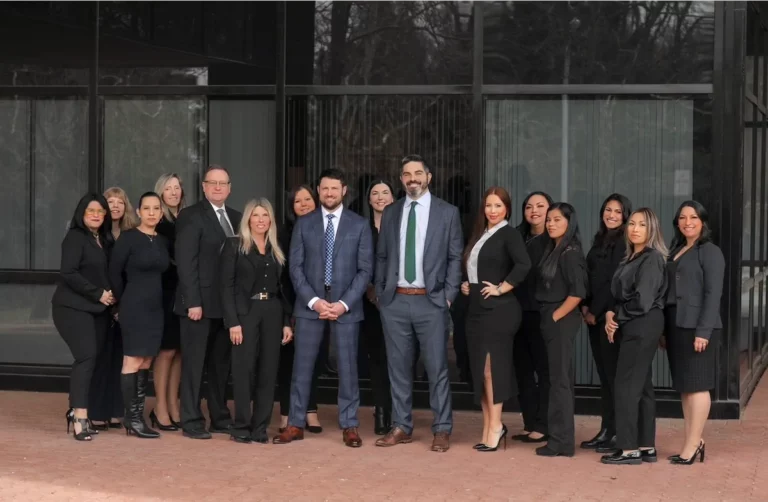
Most Common Mistakes People Make After a Car Accident
Maximize Your Claim by Dodging These Mistakes Have you ever wondered why some car accident

Maximize Your Claim by Dodging These Mistakes Have you ever wondered why some car accident

Unlocking the Secrets: Documenting Evidence After a Truck Crash Are you prepared if a truck

HOW CAN WE HELP YOU

We understand that when you reach out to us, you are likely going through one of the most difficult times in your life. That is why, as your personal injury and accident lawyer in New Jersey, we take your cause on ourselves, allowing you to focus on your health and getting your life back in order.
Car accident victims, those with injury claims arising from medical malpractice, victims of sexual abuse, and others in need of a New Jersey personal injury lawyer, may not understand the importance of hiring an experienced and knowledgeable attorney.
You may have to face off against the legal representative of an insurance company who will do all they can to dismiss your personal injury claim, or you may not know how to acquire the proof you need – that is where we come in to help.
Perhaps you have been injured at work or your loved one has been abused in a nursing home. Or maybe you have been seriously disabled due to a motor vehicle accident or you have experienced a traumatic sexual assault. No matter what has caused your suffering, our team of dedicated legal experts is here to ensure you receive the justice you deserve and the compensation you are entitled to.
Civil Rights
The infamous case of the Central Park Five recently aired on a Netflix special.
Motor Vehicle Accident
The infamous case of the Central Park Five recently aired on a Netflix special.
Construction Accident
The infamous case of the Central Park Five recently aired on a Netflix special.
Civil rights
Unauthorized pursuit by City of Paterson Auxiliary Police resulting in the death of our client.


Maximize Your Claim by Dodging These Mistakes Have you ever wondered why some car accident cases in New Jersey ended with less-than-favorable outcomes? Often, it’s

Unlocking the Secrets: Documenting Evidence After a Truck Crash Are you prepared if a truck accident occurs in New Jersey? Documenting evidence after such an

Solidify Your Case: Documenting Evidence After a Motorcycle Crash Have you ever thought about what you should do if you’re in a motorcycle accident in

Maximize Your Claim by Dodging These Mistakes Have you ever wondered why some car accident cases in New Jersey ended with less-than-favorable outcomes? Often, it’s

Unlocking the Secrets: Documenting Evidence After a Truck Crash Are you prepared if a truck accident occurs in New Jersey? Documenting evidence after such an


Monmouth County, Passaic County, Paterson, Long Branch, Paterson, Howell Township, Marlboro Township, Passaic, Wayne, Clifton, Middletown, Manhattan, Staten Island, Brooklyn, Queens
New Client Help Line: